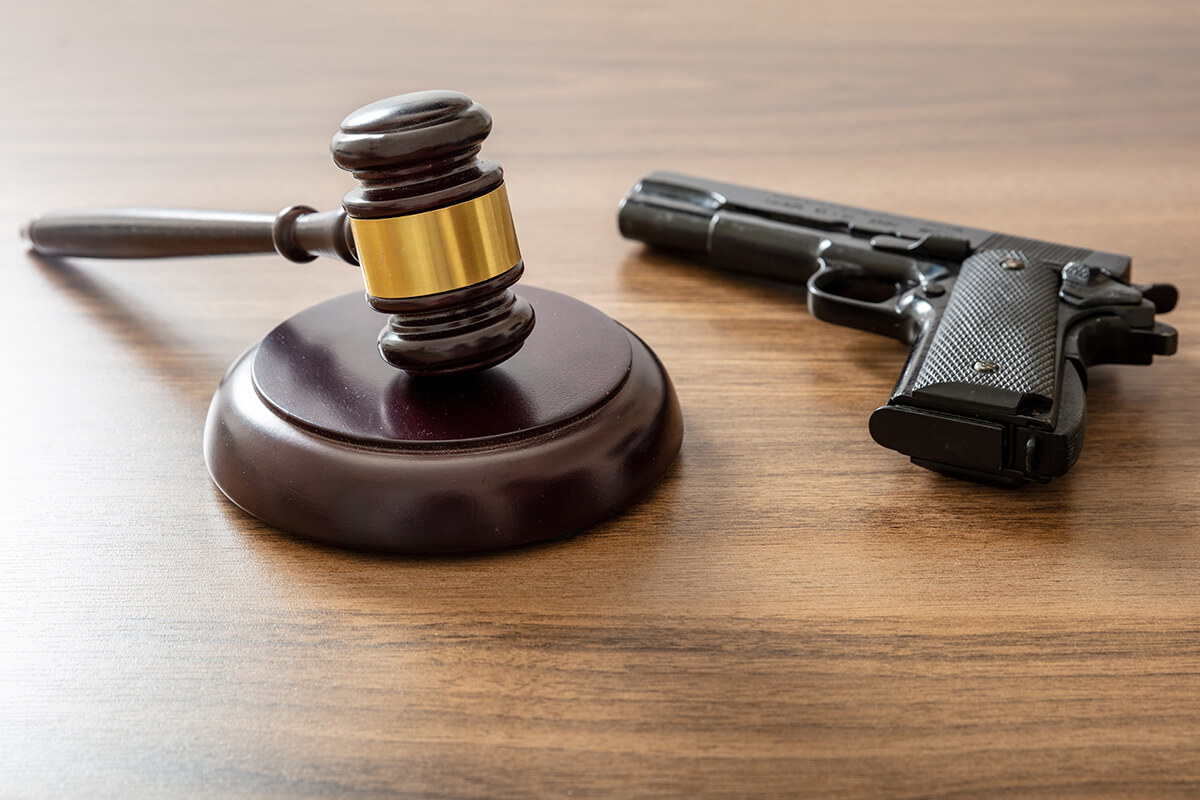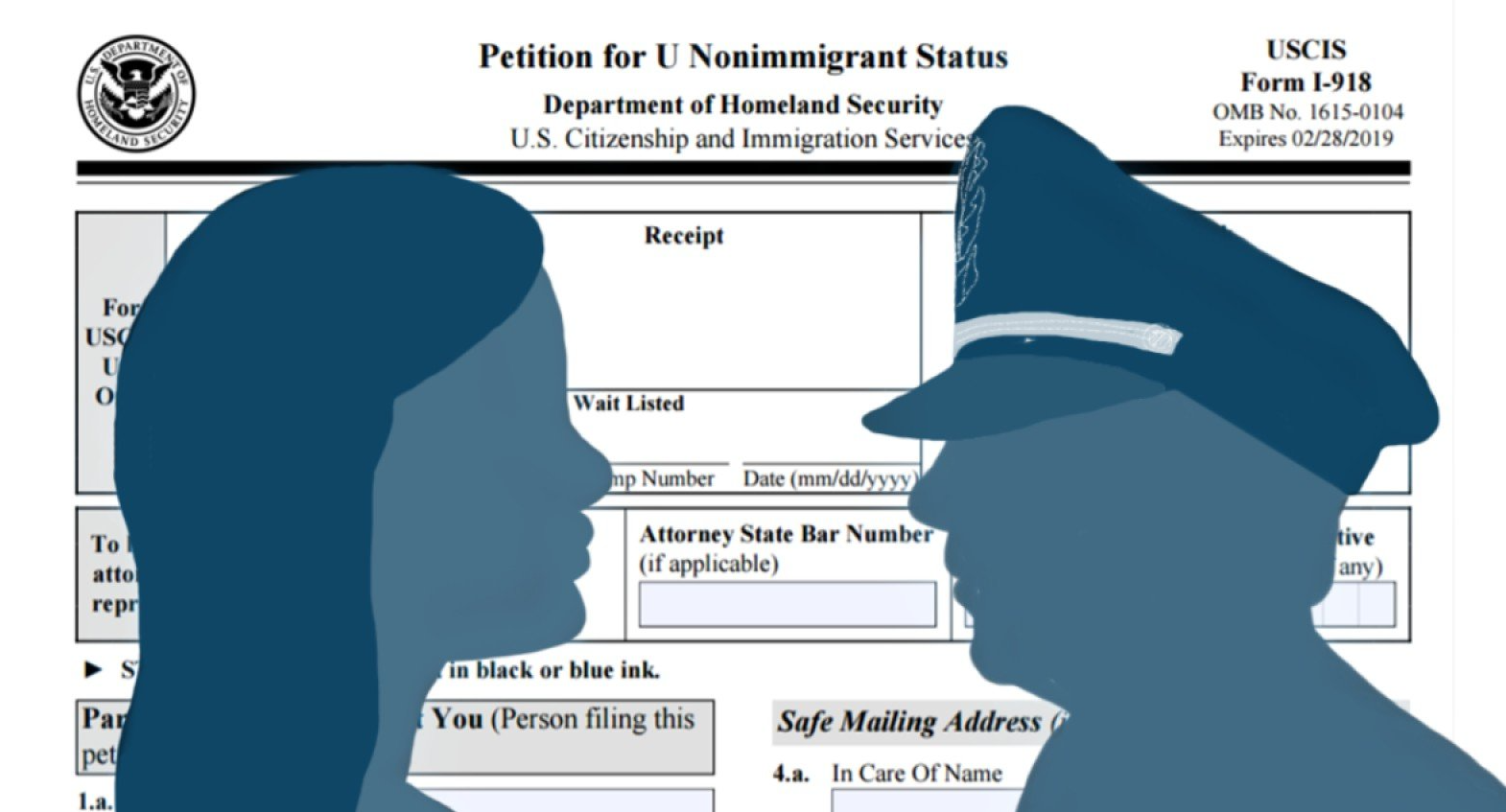
Photo courtesy of Premious Shots Productions.
In State v. Ianniciello, No. 86711-3-I (Dec. 15, 2025), the WA Court of Appeals reversed a defendant’s conviction for First Degree Murder. In its holding, the Court found the Ms. Ianniciello did not receive a fair trial because the State violated her Fifth Amendment right to silence by eliciting testimony regarding her pretrial silence in the wake of her husband’s murder and subsequent investigations.
FACTUAL BACKGROUND
On April 2, 2016, Ianniciello’s husband Tom was killed by a single gunshot to his head as he slept in his bed. Ianniciello called police after discovering Tom’s body in the bed. Police arrived and immediately began investigating. At the time of the murder, Tom and Ianniciello had been married for over sixteen years. The marriage was turbulent, as Tom had an issue with alcohol abuse and would become abusive to Ianniciello.
Police arrived and immediately began investigating. Detective Broggi, the lead detective, asked Ianniciello, “Did you shoot your husband?” Detective Broggi expressed concern with Ianniciello’s silent demeanor, saying “I want you to look at our side kind of this” because “you don’t seem overly concerned, or, you know, just upset about it.” Detective Broggi asked Ianniciello if she would be willing to take a polygraph examination, and Ianniciello agreed to do so. A few weeks later, on April 18, Ianniciello’s attorney contacted Detective Broggi, notified her that Ianniciello would not be taking a polygraph examination, and asked her to have no further contact with Ianniciello.
After nearly three years, the State charged Ianniciello with first-degree murder. Ianniciello’s first trial, in 2022, ended in a mistrial after the jury was unable to render a unanimous verdict.
In 2024, the case proceeded to a second trial after which the jury rendered a guilty verdict. On appeal, Ianniciello argued the State violated her right to silence under the Fifth Amendment of the United States Constitution and article I, section 9 of the Washington Constitution by eliciting testimony from multiple witnesses that she did not “reach out,” “call,” “check in,” or “provide information” to law enforcement.
COURT’S ANALYSIS & CONCLUSIONS
The Court of Appeals (Court) discussed Ianniciello’s Fifth Amendment right against self-incrimination. In short, the State violates a defendant’s Fifth Amendment rights when the State calls to the attention to the accused’s pre-arrest silence to imply guilt.
The Court found that here, the record established that Ianniciello invoked her Fifth Amendment right to silence. She purposefully did not answer Detective Broggi’s questions and declined the offer to take a polygraph. This clear statement that Ianniciello would not provide additional information to the police and should not be contacted by them is sufficient to invoke her Fifth Amendment privilege.
Neverthess, at trial, the State elicited at trial direct testimony from two detectives about Ianniciello’s failure to contact them. During its examination of law enforcement officers, the State elicited testimony that Ianniciello did not reach out and did not check in on the status of the investigation. The State also continued this theme of drawing the jury’s attention to Ianniciello’s pre-arrest silence by eliciting testimony that Tom’s other family members would reach out and check in on the investigation, “but not Ms. Ianniciello.”
The Court found the State’s tactics and testimony from its witnesses violated Ianniciello’s Constitutional rights:
“The State’s conduct was an attempt to convince the jury that Ianniciello’s silence, by not communicating with law enforcement, demonstrated her guilt. This is precisely what the Fifth Amendment prohibits.” ~WA Court of Appeals
Next, the Court found that the State’s error was not harmless. Preliminarily, it commented that the State’s case depended largely on circumstantial evidence. More important, the Court found that testimony from the State’s witnesses about Ianniciello’s pre-arrest silence may have swayed the jury – thus rendering the testimony not harmless – and the State failed to prove beyond a reasonable doubt this constitutional error had no impact on the jury’s verdict.
With that, the Court of Appeals reversed Ianniciello’s conviction and remanded for a new trial.
Please contact my office if you, a friend or family member are charged with Homicide, Manslaughter or any other crime. Hiring an effective and competent defense attorney is the first and best step toward justice.














